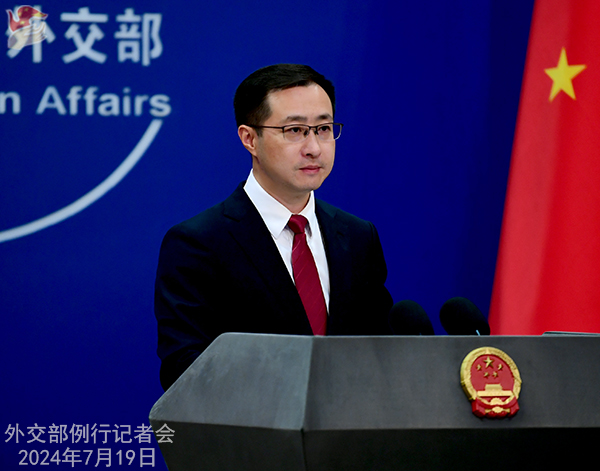
At the invitation of First Deputy Prime Minister Denis Manturov and Deputy Prime Minister Alexander Novak of the government of the Russian Federation, Member of the Standing Committee of the Political Bureau of the CPC Central Committee and Vice Premier of the State Council Ding Xuexiang will co-chair the 11th meeting of the China-Russia Investment Cooperation Committee and the 21st meeting of the China-Russia Energy Cooperation Committee, and attend the sixth China-Russia Energy Business Forum in Russia from July 21 to 23.
At the invitation of Member of the Political Bureau of the CPC Central Committee and Foreign Minister Wang Yi, Maldivian Minister of Foreign Affairs Moosa Zameer will visit China from July 20 to 24.
CCTV: Earlier this week, China released the economic figures of the first half of this year. Strong imports and exports numbers showed that Chinese products remain highly competitive in the world and the momentum of China’s foreign trade remains strong. What’s your comment?
Lin Jian: In the first half of this year, China’s imports and exports exceeded RMB 21 trillion for the first time, up 6.1 percent year on year, with some indicators achieving double-digit growth. In light of China’s robust foreign trade, the International Monetary Fund revised up its 2024 Chinese GDP growth forecast to 5 percent in the latest update to its World Economic Outlook.
An open China is an important engine of global development and prosperity. From establishing 22 Pilot Free Trade Zones and the Hainan Free Trade Port, the signing and entry into force of the Regional Comprehensive Economic Partnership, to the building of a globally-oriented network of high-standard free trade areas, from repeatedly shortening the negative list for foreign investment to reducing market access restrictions in telecommunications, healthcare and other services sectors, from promoting high-quality Belt and Road cooperation to establishing international cooperation platforms for trade and economic exchange, such as the China International Import Expo, China International Fair for Trade in Services, and the China International Consumer Products Expo, these important measures to expand high-quality opening up benefit the international community through China’s development, and give the world reason for optimism about China’s outlook. In the first half of this year, 26,870 foreign-invested companies were set up in China, up by 14.2 percent year on year. Actual utilized foreign investment in manufacturing increased by 2.4 percent compared with the same period last year. China has remained the world’s largest trader in goods for seven years running, and the world’s largest exporter and second-largest importer for 15 consecutive years. It has been among the world’s top three sources of outbound investment for 11 years in a row. The funding we provide has benefited 155 countries and regions in the world.
The Communique of the just concluded third plenary session of the 20th Central Committee of the Communist Party of China said that opening up is a defining feature of Chinese modernization. We must remain committed to the basic state policy of opening to the outside world and continue to promote reform through opening up. Leveraging the strengths of China’s enormous market, we will enhance our capacity for opening up while expanding cooperation with other countries and develop new institutions for a higher-standard open economy. We will steadily expand institutional opening up, deepen the foreign trade structural reform, further reform the management systems for inward and outward investment, improve planning for regional opening up, and refine the mechanisms for high-quality cooperation under the Belt and Road Initiative. We will continue to deepen reform and expand opening up to turn China’s super-sized market into abundant opportunities for the world, strive for Chinese modernization through reform and opening up, and inject strong impetus to global modernization through our own modernization.
China Daily: With the Foreign Ministry’s support, the China Institute of International Studies yesterday held an event on the Global Security Initiative at the Diaoyutai State Guesthouse. Can you give us more details?
Lin Jian: With the Foreign Ministry’s support, the China Institute of International Studies (CIIS) yesterday afternoon held an event to launch the Center for Global Security Initiative Studies and to release the Report on the Implementation Progress of the Global Security Initiative. Member of the Political Bureau of the CPC Central Committee and Foreign Minister Wang Yi delivered a written speech to the event and Vice Foreign Minister Chen Xiaodong attended the event, unveiled the plaque of the Center and delivered remarks. Nearly 300 guests, including diplomatic envoys and representatives from over 80 countries and international organizations, and experts and scholars, attended the event. The Report on the Implementation Progress of the Global Security Initiative was drafted and published by CIIS and the Center for Global Security Initiative Studies. The full text of the report in both Chinese and English was released on the official website of CIIS after the event on July 18.
Foreign Minister Wang Yi in the written speech noted that the Global Security Initiative (GSI) put forward by President Xi Jinping contributed Chinese wisdom to reducing the peace deficit in the world and provided Chinese solution for dealing with international security challenges. The first ever Report on the Implementation Progress of the Global Security Initiative presents a full picture of what has been achieved in the past two years and more since the GSI was proposed. The report helps various sides to better understand the relevance and unique value of the GSI as an international public good in the field of security. He hopes that the Center for Global Security Initiative Studies will thoroughly pool the wisdom and strength of experts and scholars from both home and abroad, build a platform of exchanges and dialogue of international security issues and provide strong support for exchanges and cooperation between all sides under the GSI.
Vice Foreign Minister Chen Xiaodong in his speech pointed out that amid the evolving international landscape, the GSI represents the right way forward and gives the world courage to meet crises and challenges head-on. The GSI is highly relevant and important for today’s world. The implementation of the GSI has achieved real and tangible results. Faced with emerging traditional and non-traditional security challenges, China stands ready to strengthen communication and exchanges on security visions and policies with all sides, work together to advance international security cooperation, promote sustainable development and sustainable security, and bring more stability to this turbulent world.
I would like to stress that to advance the implementation of the GSI, we need to extensively pool wisdom and strength of all sides. The establishment of the Center for Global Security Initiative Studies and release of the Report on the Implementation Progress of the Global Security Initiative provide us the good opportunity to work with all parties to actively implement the GSI, deepen exchanges and cooperation in security fields and make new contribution to humanity’s common security and lasting peace of the world.
China News Service: We noted that the Office of Commercial Development of China in Haiti posted on social media platform X that it has resumed its activities in Port-au-Prince. Can you share more details with us on that?
Lin Jian: China has not yet established diplomatic relations with Haiti. The two countries have offices of commercial development in each other’s capitals, which serve as an important channel of communication and exchanges between the two sides.
Early this year, when the security situation deteriorated in Haiti, a lot of countries temporarily closed their institutions in Haiti and evacuated their nationals. After organizing and assisting the safe evacuation of two batches of Chinese nationals from Haiti, the Office of Commercial Development of China in Haiti was temporarily moved to Santo Domingo, the capital of the Dominican Republic in April. Recently, in light of the improving security situation in Haiti, with the help of the Haitian side, the staff of the Office of Commercial Development of China in Haiti have returned to Port-au-Prince and resumed their work.
CCTV: We’ve learned that China’s senior Foreign Ministry official will go to Japan and the ROK in the coming days for bilateral dialogues and consultations. Can you confirm this and share more details? What is China’s expectation for the dialogues?
Lin Jian: At the invitation of Japan and the ROK, from July 21 to 25, Deputy Foreign Minister Ma Zhaoxu will hold the 16th round of China-Japan strategic dialogue with Vice-Minister for Foreign Affairs of Japan Masataka Okano in Tokyo and the 10th round of high-level strategic dialogue between the foreign ministries of China and the ROK with First Vice Minister of Foreign Affairs of the ROK Kim Hong Kyun in Seoul. Detailed arrangement of the dialogues is still being worked out.
The dialogues are institutionalized consultations between China and Japan and between China and the ROK. They provide the opportunity for in-depth exchanges of views on bilateral relations and international and regional issues of mutual interest. China hopes to step up communication and enhance cooperation through the dialogues to promote the sound and steady growth of China-Japan and China-ROK relations. We will release timely information on the dialogues.
RIA Novosti: Hungarian Prime Minister Viktor Orbán sent a letter to the President of the EU Council Charles Michel, in which he suggested that the EU conduct high-level talks with China on holding the next peace conference on Ukraine. What’s China’s comment? Is China willing to participate in such talks?
Lin Jian: We noted the report. On the Ukraine issue, China has been committed to promoting talks for peace, advancing a political settlement, and encouraging and supporting efforts conducive to the peaceful settlement of the crisis. China maintains that the international peace conference needs to meet the three important elements of recognition from both Russia and Ukraine, equal participation of all parties, and fair discussion of all peace plans. The international community needs to create conditions for the two sides to resume direct dialogue and negotiation. Major countries in particular need to play a positive role. China stands ready to maintain communication with relevant parties to continue playing a constructive role for enabling a political settlement of the crisis.
AFP: Former U.S. President Donald Trump in his acceptance speech for the Republican presidential nomination said that he will restore peace in the world and warned that a growing specter of conflict hangs over Taiwan and all of Asia. What’s your comment on his speech?
Lin Jian: The Taiwan question is purely China’s internal affair and brooks no external interference. We are opposed to making China an issue in U.S. elections.
Shenzhen TV: According to the U.S. website “Military.com,” for the first time in 12 years, the Marine Corps has published the latest doctrine titled “Deception”—a tactic used to deceive enemy and create disinformation. Jeffrey Hill, U.S. intelligence officer and the lead author of the doctrine, said in an interview that “deception is absolutely in our tool kit,” and “if you ain’t deceiving, you ain’t fighting.” What’s your comment?
Lin Jian: We noted the report. From former U.S. Secretary of State Mike Pompeo publicly saying “we lied, we cheated, we stole,” to the recently revealed Pentagon disinformation campaign against Chinese vaccines during COVID-19, to the latest military doctrine titled “Deception” disclosed by the U.S. military, we should ask the following. Who is spreading disinformation worldwide? Who is waging the battle of perception against particular countries? Who is launching cyberattacks and information warfare in the world? To advance selfish agenda in the name of justice, to spread disinformation through deceptive propaganda, and to frame and suppress other countries through manipulating public opinion and perception have become the U.S.’s go-to tactics. The world knows what the U.S. has been doing and is vigilant against them. Long gone are the days when the U.S. could deceive the world into serving the U.S. agenda.
The U.S. needs to quit those wrongful approaches at once, stop manipulating perceptions through lies, and stop smearing and vilifying other countries. The U.S. should give a long-overdue explanation to the international community both for its dissemination of disinformation over the years for selfish reasons, and for the severe damage inflicted by the U.S. “Deception” strategy on the developing countries.
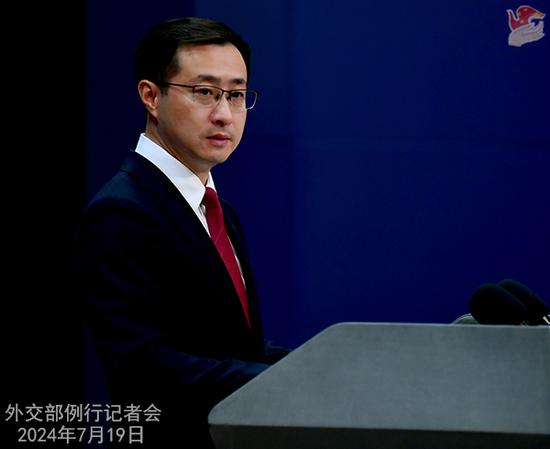
RIA Novosti: It’s reported that NATO officials are in discussions about reclaiming some Chinese-owned infrastructure projects in Europe, if a broader conflict with Russia arises, based on information from three officials involved in these talks. What is China’s comment on this?
Lin Jian: This is yet another sign of NATO attempting to step outside its zone, breach its mandate and incite bloc confrontation. China-Russia relations are built on the basis of non-alliance, non-confrontation and not targeting any third party. The economic cooperation between China and European countries serves the interest of both sides. There’s no justification for NATO to use conflicts with Russia as a reason to disrupt and undermine China’s cooperation with European countries. Such attempts must be firmly rejected.
TASS: U.S. House Speaker Mike Johnson said yesterday that if Trump wins the presidential elections, the U.S. will take a tough stance on China. What is the Foreign Ministry’s comment?
Lin Jian: The presidential elections are the domestic affairs of the United States. I will not comment on that. We are opposed to making China an issue in the elections.
Reuters: Bangladesh is facing internet shutdowns and disrupted phone lines amid student protests. What is the situation there for Chinese companies and residents? Is MOFA taking actions to ensure the safety of Chinese nationals in Bangladesh?
Lin Jian: China noted what happened recently in Bangladesh. This is Bangladesh’s domestic affair and we believe that the government of Bangladesh will properly handle it and uphold national solidarity and stability. The Chinese Embassy in Bangladesh will continue to closely follow the security situation of Chinese nationals and companies in Bangladesh and exercise its duty in providing necessary assistance.
Beijing Youth Daily: It was reported that on July 18, the Hsun Hu No.9 patrol vessel of the “Coast Guard Administration of the Ocean Affairs Council” of Taiwan and the aircraft-carrying patrol vessel Sagami of Japan Coast Guard carried out a joint drill to the south of Japan’s Boso Peninsula, Chiba Prefecture, and in waters near Izu Oshima. According to the reports, this is the first joint maritime exercise between Japan Coast Guard and the “Coast Guard Administration of the Ocean Affairs Council” of Taiwan since Japan and Taiwan cut “diplomatic ties” in 1972. The drill is a response to the continued assertive activities of China in the East and South China Seas to stay vigilant against potential contingencies. What is your comment?
Lin Jian: We strongly deplore and firmly oppose Japan’s joint maritime exercise with the Taiwan region, and have lodged protests with Japan. Japan has made serious commitments to China on the Taiwan question, including not supporting “two Chinas,” “one China, one Taiwan” or “Taiwan independence.” These are the stance and principles that Japan must uphold. We urge Japan to adhere to the one-China principle and the spirit of the four political documents between China and Japan, correct the wrongdoing at once, refrain from conniving at or supporting “Taiwan independence” separatist forces in any form, stay prudent on issues related to the East and South China Seas, and stop disrupting cross-Strait peace and stability and China-Japan relations.









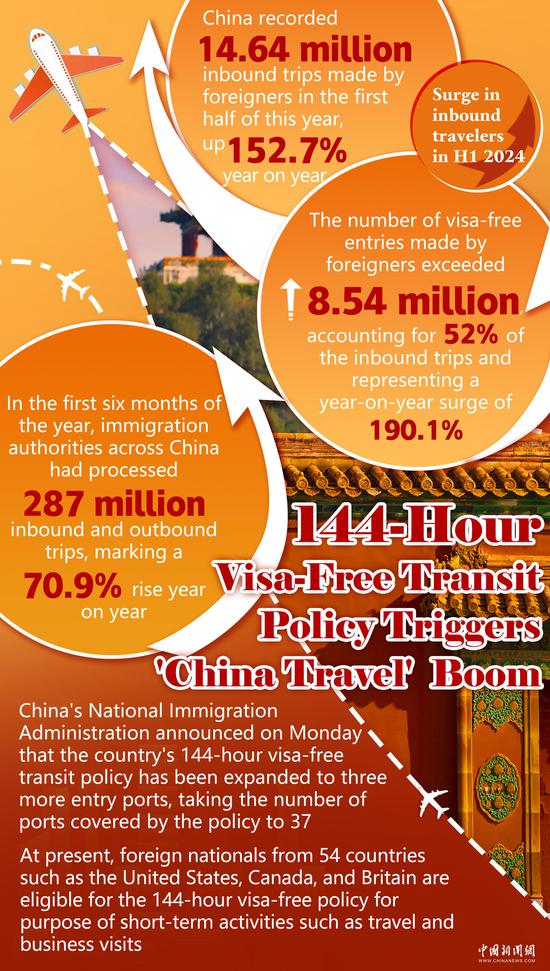
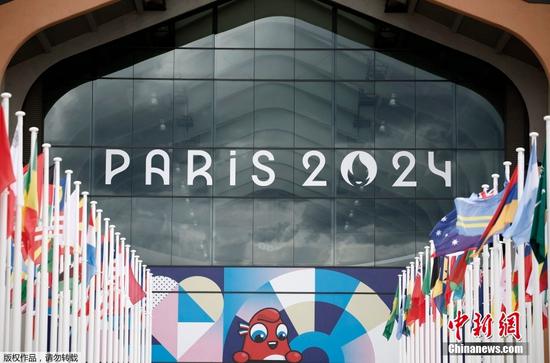


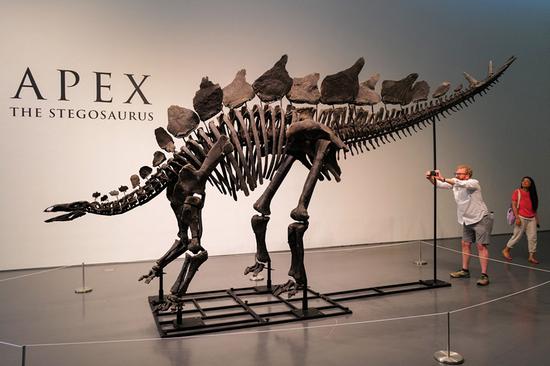
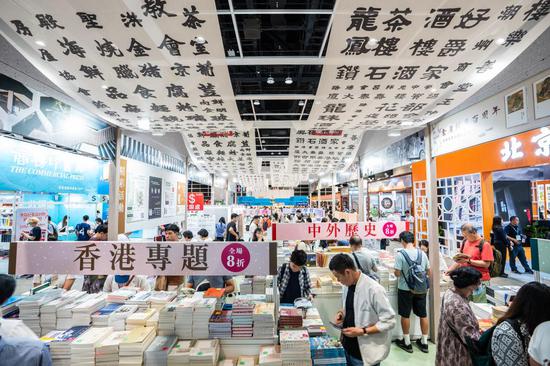
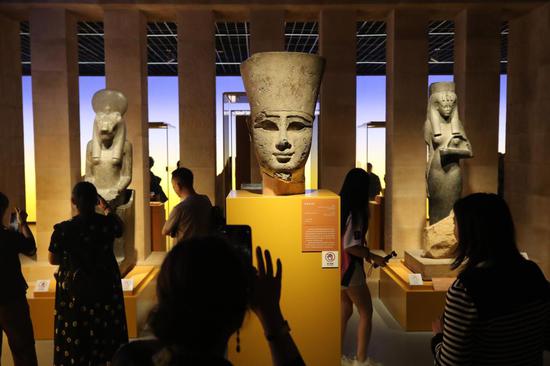


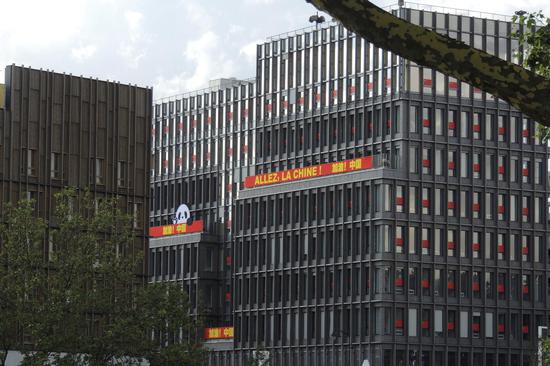





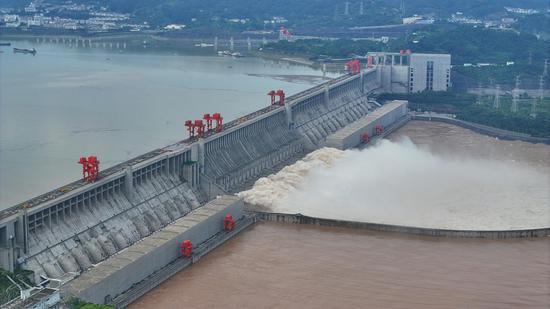
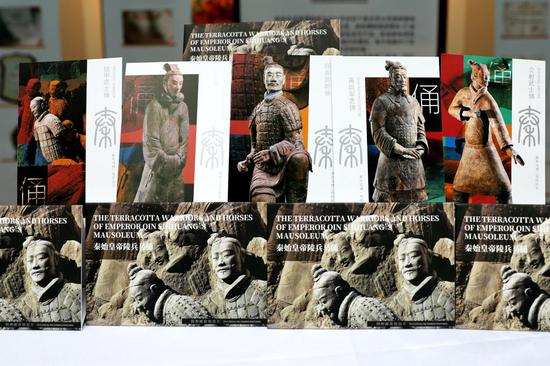

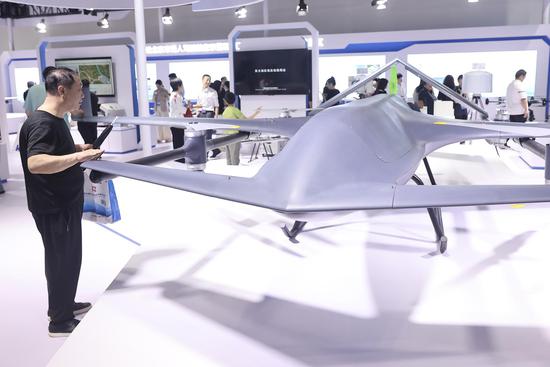
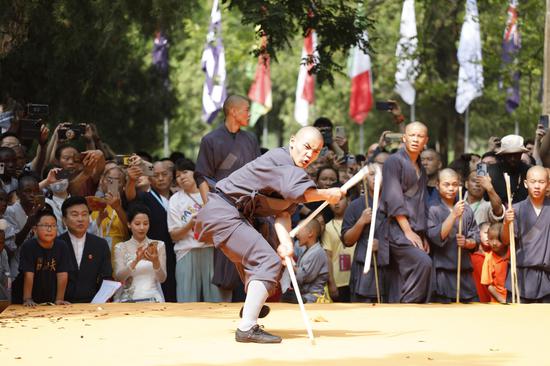
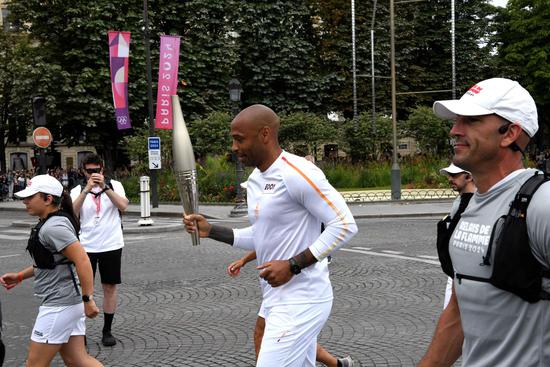

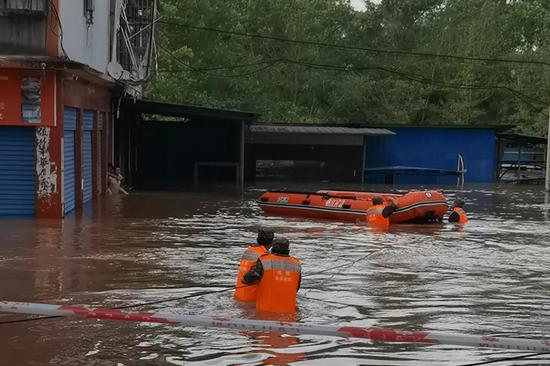
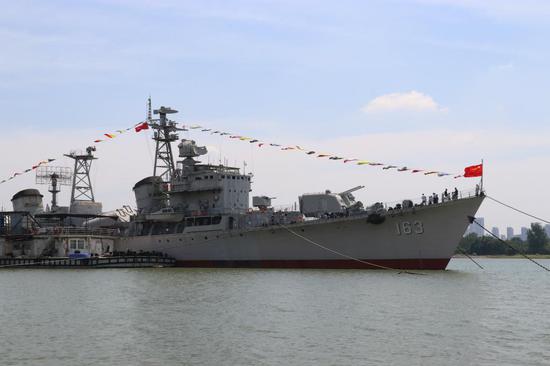


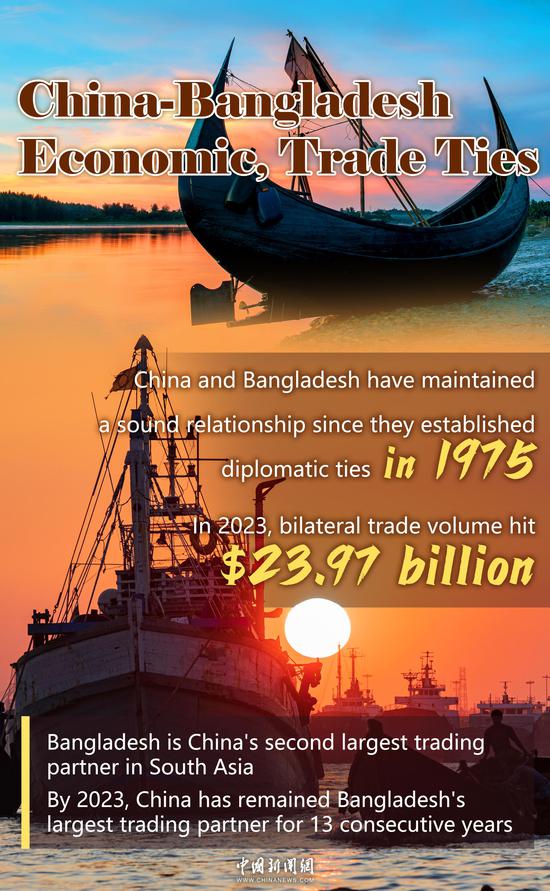
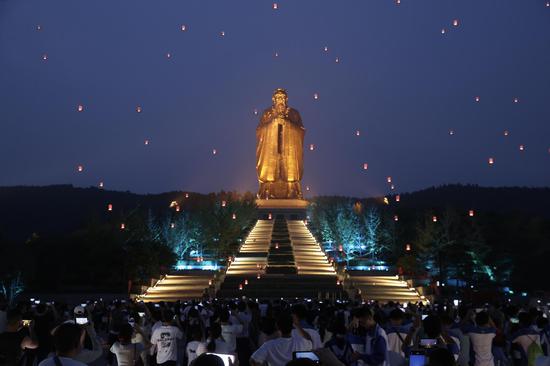
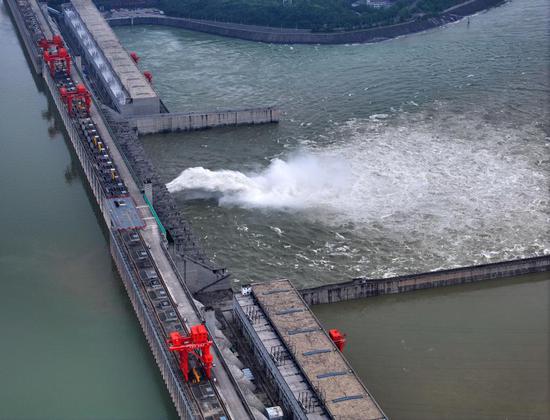
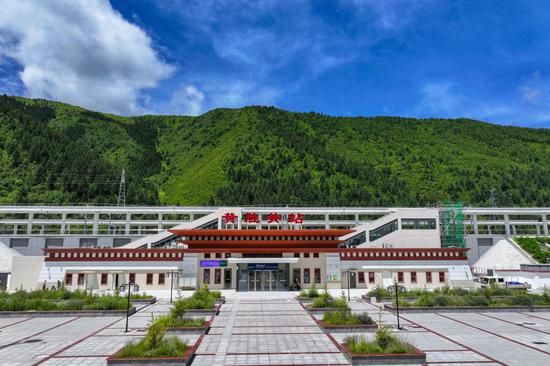
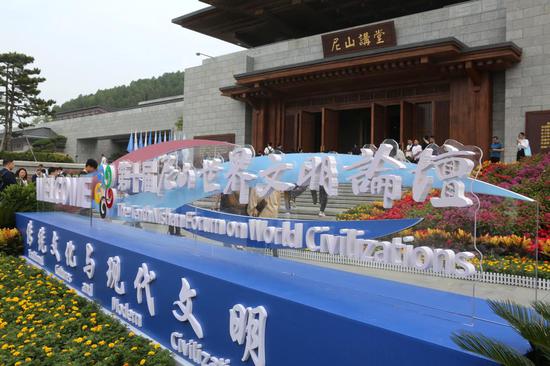


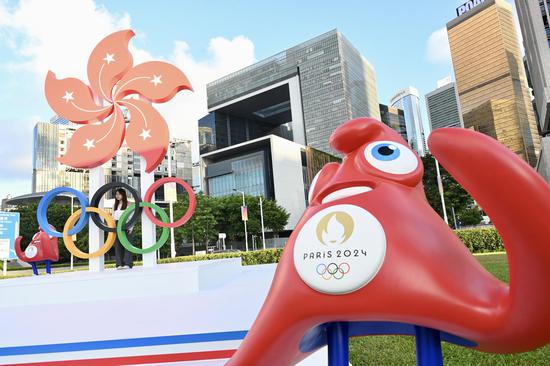







 京公网安备 11010202009201号
京公网安备 11010202009201号